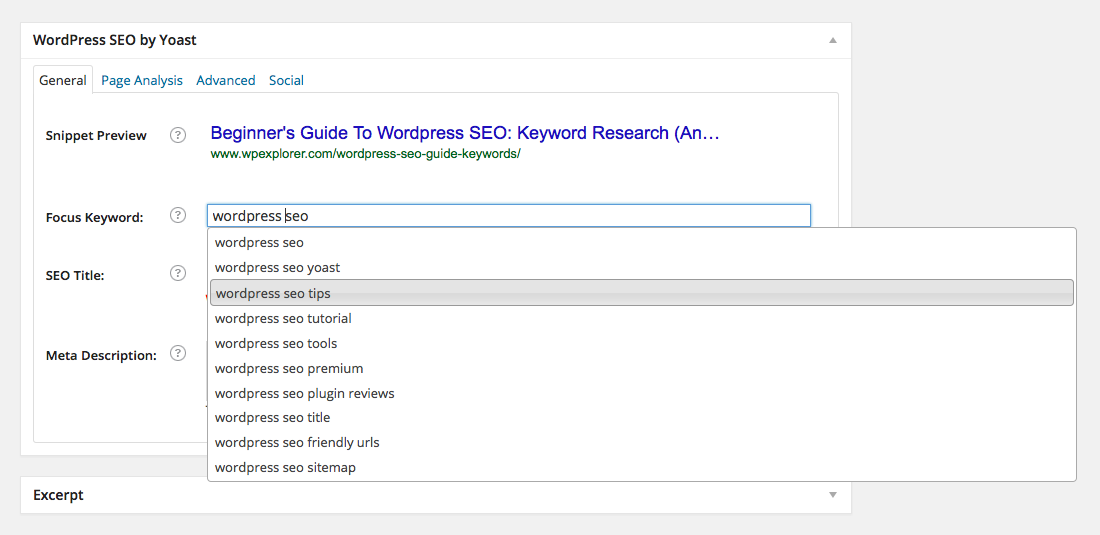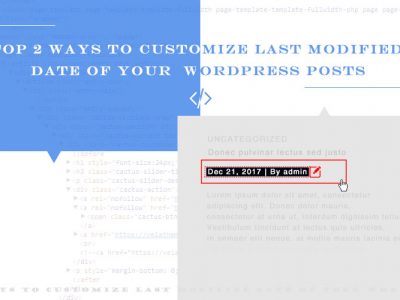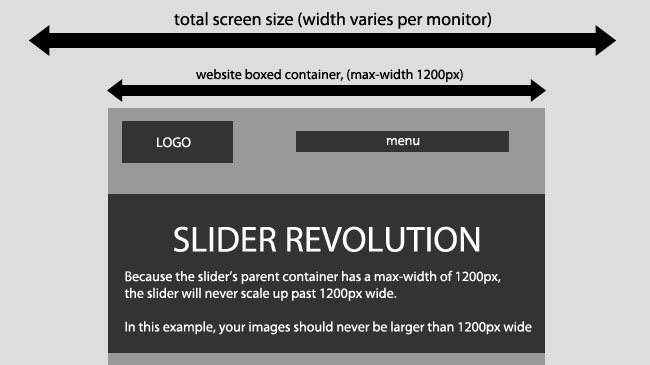
Beginner’s Guide For WordPress SEO 2 - Keyword
For some people, keyword research amounts to writing their niche into Google keyword planner, and looking through the related terms. That’s not a very good idea. While Google is able to make smart connections in other areas, the keyword planner is surprisingly straight forward. It will most likely only show related terms that already have the keyword in it.
If I type in “soccer” and ask the Keyword planner for ideas, sure it lists “soccer games” or “soccer balls”, but it doesn’t list “dribbling”, “Messi”, “World Cup?, or any other terms that are very related to the topic. For most topics, this means that if you only rely on the keyword planner, you will have a very limited supply of different keywords to choose from. Which is why you need to…
Get Creative With Your Keywords
Think outside of the box. What comes to mind when you think of your niche? Something that doesn’t have the niche keyword in it at all? Don’t worry. Test to see if it’s viable. If you just can’t seem to think of anything, a good way to find ideas for keywords is to go to forums about the topic, or a yahoo answers/quora category, and see what people are often asking for help with. (Not possible for all niches.) Then you can borrow their words, and see if the search volume attests to it being a worthwhile keyword to go after. Another good way to get ahead of your competition is to…
Really Know What You Write About
Many people who go into a niche with the sole intention of making money, will only have keyword tools to rely on for keywords. But if you’re knowledgeable about the subject, you can use that to your advantage. You can pull in seemingly unrelated topics, that you know are related, and use keywords that an outsider could never think up in a million years. Call it home-field advantage. In some niches there’s even specific lingo that might go over the heads of most people, except ones that are actually interested in it.
Unfortunately there’s no real shortcut here, unless you already know what you’re writing about, you will have to put in the time and effort to reach a level where it comes effortlessly to you. One thing that can help, however, is picking something that you are at least interested in, if not passionate about, to write about. But if your main goal is profitability, you should always test the viability of a product before you sink too much time into a project.
Use The Right Kind Of Keywords
When you’re looking for keywords, the best kind are ones that have little competition, and that have an implied or specified intent to buy a product or service. (There is usually a fair amount of competition where the intent is specified, but not always as much where the intent is merely implied by the specificity of the search.) Broad keywords are usually incredibly competitive, and also too general. People will often search these keywords out of curiosity, and probably feel disinclined to purchase anything.
Let’s take “copywriting” as an example. The numbers are quite good. Around 30 000 monthly searches. But that’s where the good news stop. The competition is fierce… and to make matters worse, the search term is a little too general. There is no real proof of intent here. People might be searching simply because they saw the term used (or heard it used in Mad Men), and wanted to know what it meant. Or perhaps they’ve been told it’s something they should know more about.
On the other hand, we have “copywriting coach” with a measly 30 searches per month. While some might argue that this is simply too few to be worthwhile, there is an implied intent here, and you can imagine the lifetime value of getting only one coaching client. And the competition is (not surprisingly), a lot softer. Getting onto the front page is no longer a pipe dream.. if you play your cards right, it’s pretty much guaranteed. While you might choose to put your search volume threshold higher, this exemplifies what you want to aim for. Low competition, and implied, or specified intent.
On the other hand, we have “copywriting coach” with a measly 30 searches per month. While some might argue that this is simply too few to be worthwhile, there is an implied intent here, and you can imagine the lifetime value of getting only one coaching client. And the competition is (not surprisingly), a lot softer. Getting onto the front page is no longer a pipe dream.. if you play your cards right, it’s pretty much guaranteed. While you might choose to put your search volume threshold higher, this exemplifies what you want to aim for. Low competition, and implied, or specified intent.
What To Do With Keywords On Your WordPress Site
At this point you should have already installed the WordPress SEO by Yoast plugin, or another one with similar functionality. If not, do it now, because it really is necessary for the first step.
Use Keywords In Post/Page Title
If you’re targeting the kind of long-tail keywords that are often the easiest to rank for, it can often be enough to have that as the entire title. If you already have an audience, you might want to use something more attention grabbing than a standard search phrase, but you still want to optimize for search engines.
In this case you can use the SEO plugin to change the title. For this very post, we could for example change the page title to “WordPress SEO For Beginners” if we found out that it was a more desirable search phrase to target.
Optimize Image File Names And Alt Text
For example, the image I took of changing the title is named “seotitle.jpg” and the alt text is “image of seo title”. This can not only positively impact the rankings of your page, but will help your image rank for relevant terms in Google image search.
Write Content 100% Related To The Title
Unfortunately it’s not as easy as taking one piece of content you already wrote about something else, changing the title, rewriting it a tiny bit, and targeting a completely new keyword. Not only will you annoy your potential visitors to no end, and ruin your chances of them ever becoming subscribers or customers, but you will also heavily hurt your chances of being ranked high enough to get noticed in the first place.
Use Keywords In Post/Page Url
While you can do this by simply letting the post/page’s title become the permalink, Google actually advices against using entire phrases, and instead recommends using only a few(3-5) keywords for every post. You can do this easily from inside the WordPress post editor.
Write An Accurate Meta Description
Don’t try to squeeze in as many keywords as possible. Describe what the content will do for the potential visitor, if possible, in a compelling manner. (As the meta description may be what the person sees when your page shows up in the search results.) When in doubt, go with a fairly straight forward description of what the post is about. You do this in the post/page editor, in the WordPress SEO by Yoast box under the main text box.
Use Sub-Headings To Structure Your Content
And also to emphasize keywords that are directly related to what you are writing about. Always put your sub-headings in the appropriate tag. <h2> for broader topics, and <h3> for something more specific. <h1> tags are reserved for the page title only. For example:
<h1>Famous Soccer players</h1> <h2>Lionel Messi</h2> <h2>Christiano Rinaldo</h2>
Use Broader Keywords For Categories
This is a way to send signals to the search engines that this is a topic you write about a lot on your site, and that they should perhaps consider giving you higher rankings for the search term, without actually having to target the broader keywords (and not getting any traffic) in the individual posts and pages. If you look at our categories here on WP Explorer, you can see this strategy in action.
Do NOT Overuse Your Keywords
Often referred to as keyword stuffing, using keywords too much in your content is simply a bad idea. Not only does this make for a terrible, terrible reading experience for any visitor, it doesn’t actually help your rankings at all. It can, and will if you go too far, harm them instead.










